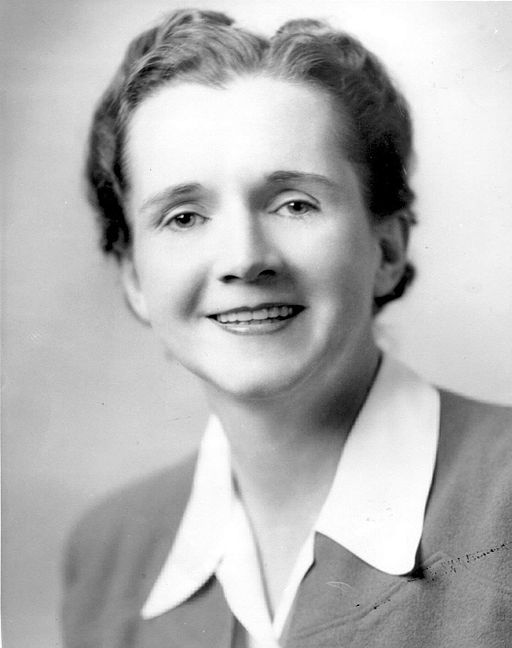We revel in the glory of the African elephant, giant panda or Galapagos tortoise—the charismatic megafauna that gets most of attention, whether on television or at the zoo. But I think the group that deserves the award as the world’s number one animal group—perhaps we should call it the charismatic omnifauna—is the bird.
We all love birds. According to the 2011 Survey of Fishing, Hunting and Wildlife-Association Recreation, about 50 million Americans feed or observe birds at their homes, spending billions of dollars on sunflower seeds and the like. USA Today reports that eagles are the most common mascots of high school and college sports teams, virtually lapping the mascot in second place (tigers). I won’t bore you with more statistics—suffice it to say that only a bird-brain wouldn’t agree that birds are the greatest.
One dedicated bird-lover was Wolfgang Amadeus Mozart. On this day in 1784, Mozart went to the contemporary Viennese equivalent of a pet store. He was amazed by a bird that sang a variation on a work that he had just completed—Piano Concerto in G, K. 453—under the utmost secrecy. Bird behaviorists Meredith West and Andrew King have suggested that this particular bird probably had heard snatches of the folk tune on which Mozart’s concerto was patterned, but Mozart, known as a skillful and absent-minded whistler, probably might have stimulated the bird to respond.

He bought the bird, a European Starling, and for the next three years, it was his companion and muse. When his pet died, Mozart mourned as if for a human—a funeral procession accompanied the grieving composer to the graveyard, sang hymns and listened to an elegy Mozart wrote for the occasion (“He was not naughty, quite, But gay and bright, And under all his brag A foolish wag…”).

Tune whistled by Wolfgang Amadeus Mozart's pet starling, 27 May 1784. This music is in the public domain, via Wikimedia Commons
This day marks the birthday of another important bird lover—Rachel Carson was born on May 27, 1902. Carson started watching birds early and continued throughout her life, whether at the bird feeder in her backyard or on a Pennsylvania overlook as the annual hawk migration passed by.
As explored in Nature’s Allies, Carson’s love of nature expressed itself in her twin loves of science and writing. For decades she nurtured the two loves simultaneously, becoming a leading scientific editor for the U.S. Fish and Wildlife Service and a nationally acclaimed nature writer. But when her third book, The Sea Around Us, hit the New York Times best-seller list and stayed for 86 weeks, her fate was decided—she would be a writer, full-time.

Her next book, and her last, is the classic for which we universally praise Carson, Silent Spring. She began the book with a fable that laments the loss of bird song:
“On the mornings that had once throbbed with the dawn chorus of robins, catbirds, doves, jays, wrens and scores of other bird voices there was now no sound; only silence lay over the fields and woods and marsh.”
The cause of this silence? The wanton aerial spraying of pesticides, whose impact Carson detailed in the body of the book. Her perseverance to get to the bottom of this problem and share it with the world, even as she gradually succumbed to breast cancer, has made our world immeasurably healthier and more beautiful.
So, on this final day in late May, let us praise the sounds that fill our lives with beauty and joy, and thank Rachel Carson and Wolfgang Amadeus Mozart for bringing them to us.


